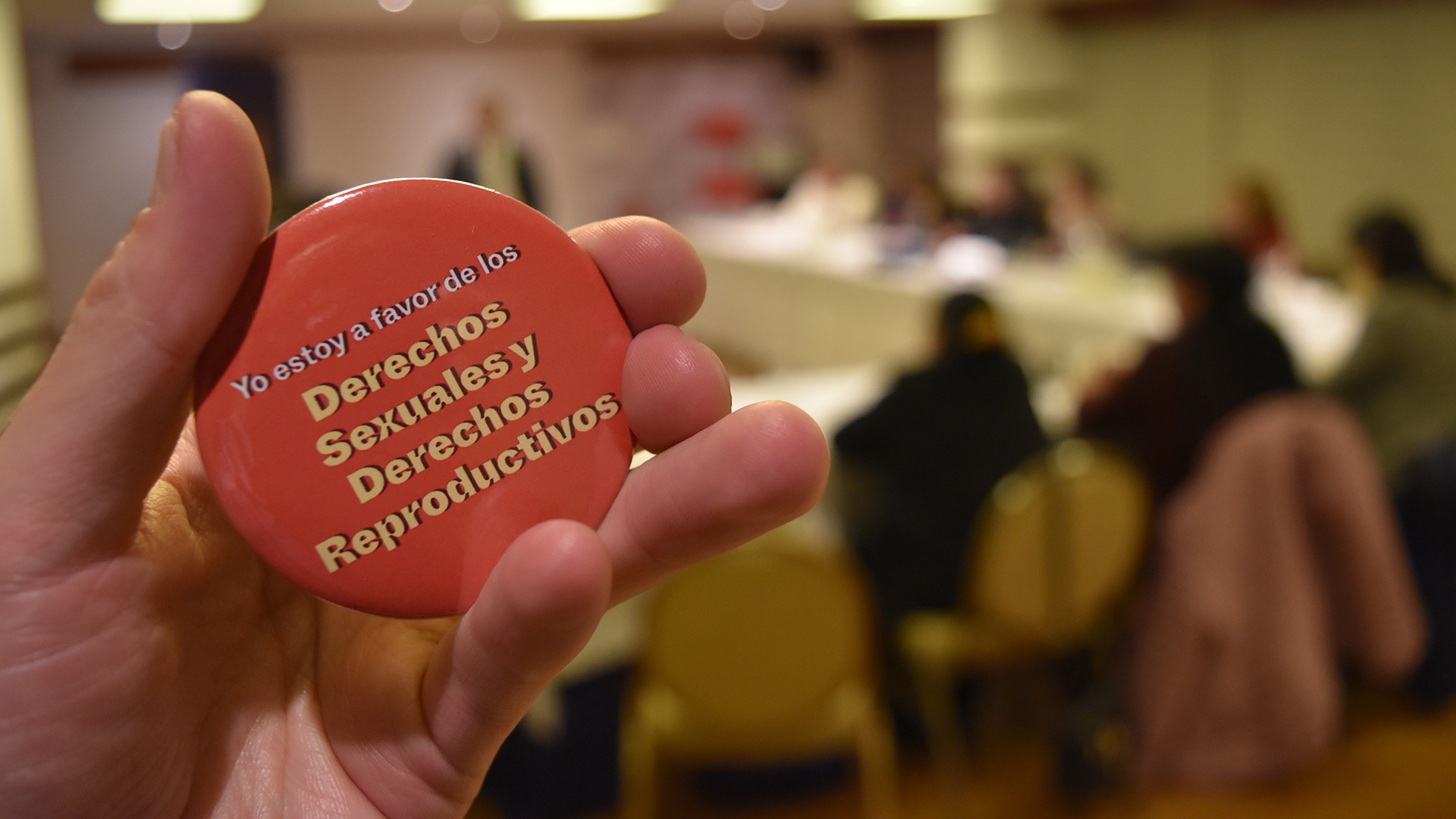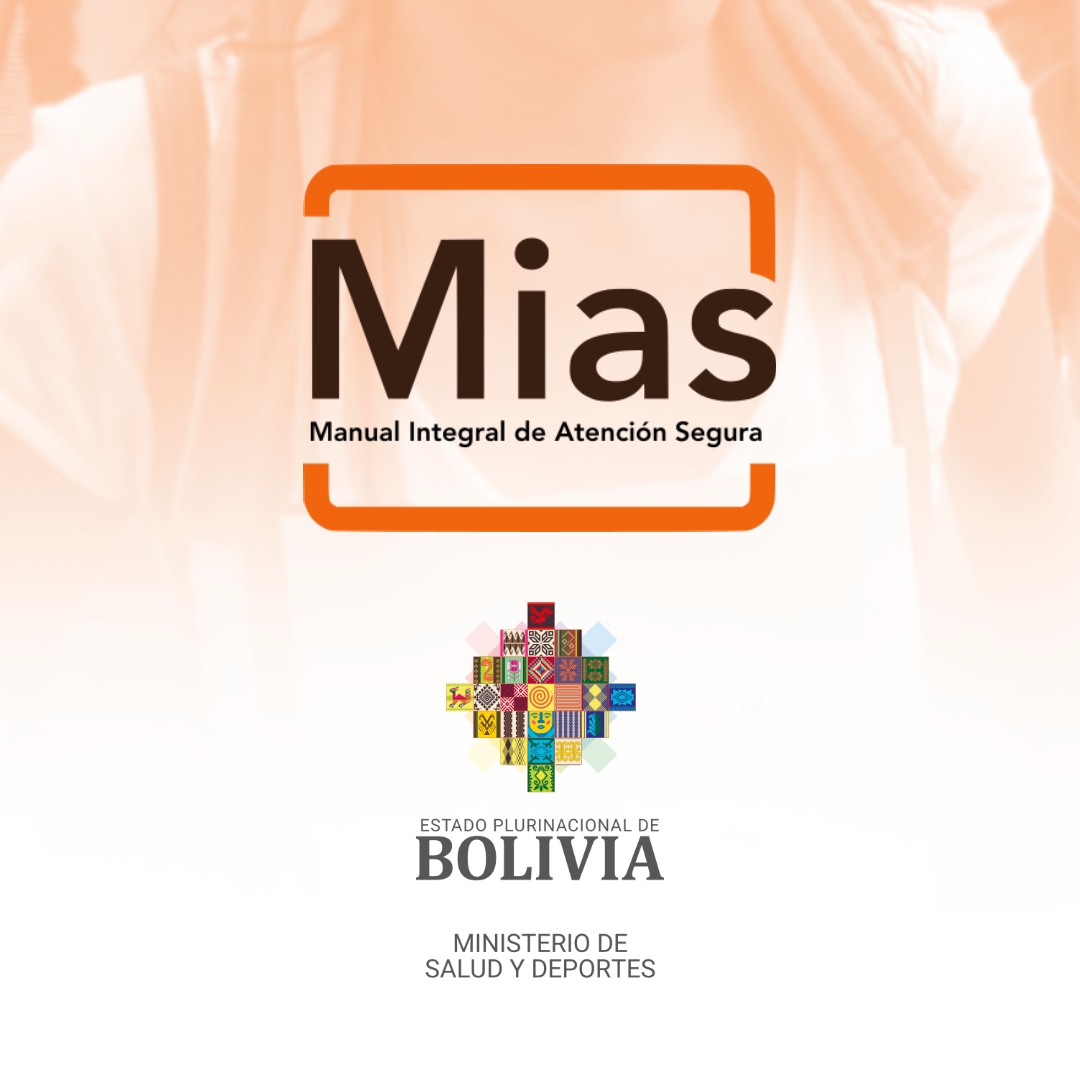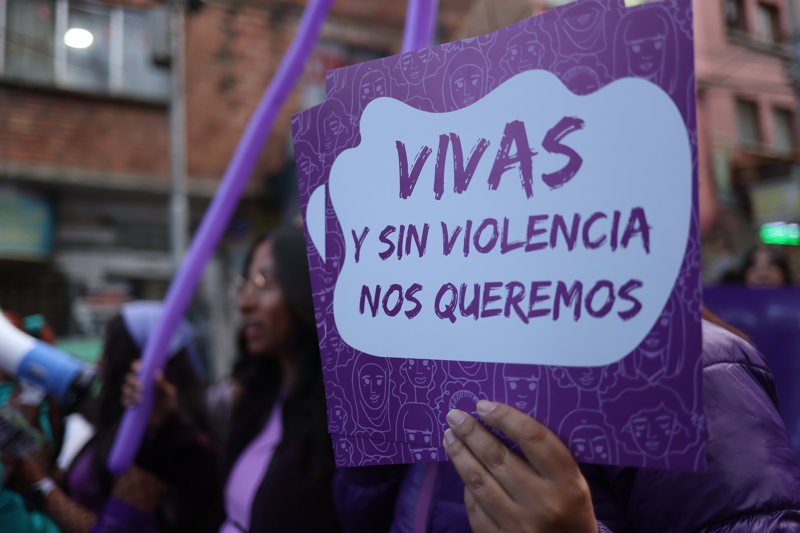99.3% of cases of gender violence go unpunished in Bolivia due to rejection, abandonment or dismissal of the complaints, according to activists who have protested against the reform of the law against gender violence proposed by pro-government senators who consider the law to be “anti-men”.
The Network against Violence against Women in Cochabamba, which brings together 22 institutions, includes this information in a statement that rejects the proposal of a group of senators of the governmental Movement Towards Socialism (MAS) to reform the “Integral Law to Guarantee Women a Life Free of Violence”, or Law 348.
“99.3% of the processes for domestic violence remain in impunity due to rejections, abandonments and dismissals. So, when there is an impunity of that size, can we continue to maintain that Law 348 is anti-men?”, the network questions.
Against violence
The collective states that “in only seven days, seven Bolivian women have been murdered by their husbands, boyfriends, ex-partners, children and neighbors”, after the president of the Senate, the pro-government Andrónico Rodríguez, said that Law 348 is “anti-men” and that “it has destroyed families”.
“It was as if his words were encouraging the violent to perpetrate a wave of femicides, or as if the same patriarchal system, which still reigns in Bolivia, were showing him how wrong he is,” the activists said.
The network argues that “the real destroyers of families are violence and femicide,” and not the law, and that this can be proven by asking about the violence experienced by the 1,080 children and adolescents who have been orphaned by femicide since the 2013 approval of the norm.
He also defends that the law “is not anti-men, but anti-violence” and that it only leads violent people to prison in cases of femicide, attempted femicide or very serious injuries.
Impunity and regression
With data from the Construir Foundation, the collective argued that only 0.7% of cases of gender violence in Bolivia reach a sentence and that this percentage of those sentenced do not go to prison, “but serve alternative disciplinary sanctions such as weekend arrest, a fine or symbolic community work”.
It also ratifies the constant claim of several feminist organizations that the law is not fully complied with due to lack of budget and human resources, “despite the fact that violence is the most reported crime in Bolivia”.
The activists consider that pretending to “belittle or downplay the value of the victim’s testimony in cases of domestic and sexual violence” represents a “huge setback in the little progress” achieved by the country with respect to revictimization.
“Instead of modifying Law 348 and presume that all women lie, we must improve the justice system so that there is no manipulation of this or any other law,” they have sentenced and demanded that Rodriguez “retract his statements” and “ensure full compliance” with the law.
Last week, the government of Luis Arce asked the legislature to avoid “setbacks” in the progress achieved with the application of the law and considered that a reform of the law “should be to move forward and not to evade justice” through impunity.















